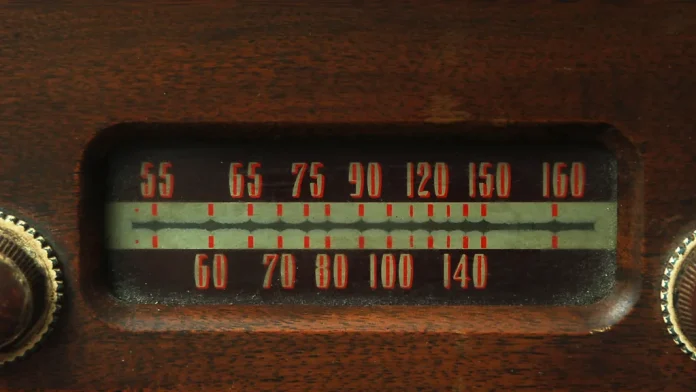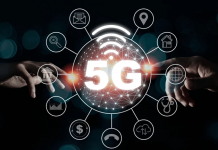Mads Haahr and his friends embarked on an unconventional quest for the perfect source of randomness—a crackly radio. Their journey began at a Radio Shack in Berkeley, California, where they scoured the aisles in search of a radio that emitted a wall of static, the kind that blares between stations. Most radios available were equipped with noise filters that suppressed the very crackles they sought. After some persuasion, a salesman reluctantly handed over a small, grey, $10 device hidden in the back of the shop.
Excitement filled the air as they inserted batteries into the radio. True to their hopes, it emitted a cacophony of buzz and hiss. For Haahr and his friends, this seemingly insignificant radio was a potential goldmine. They were developing gambling software for digital slot machines and blackjack games, gearing up for the burgeoning world of online casinos. Central to their endeavor was the need for reliable randomness—streams of digits that would dictate outcomes, ensuring fairness in virtual games. If not truly random, patterns could emerge, allowing players to exploit the system.
The idea struck Haahr when he realized the chaotic noise from a cheap analogue radio could serve as an ideal source of randomness. The static produced by such radios stems from electromagnetic activity and atmospheric phenomena like lightning. Haahr envisioned a system where a computer would convert this raw static into strings of random numbers, crucial for determining outcomes in online games.
Computers, despite their prowess, struggle with true randomness. Their operations are based on algorithms that, at some level, are predictable. This predictability is antithetical to the needs of online gambling and cryptography, where randomness is paramount to fairness and security. To combat this, researchers have sought external sources of randomness from chaotic natural phenomena—ranging from electrical storms and raindrops to quantum particles.
The journey didn’t make Haahr and his friends wealthy, as the online gaming industry was still nascent. Nonetheless, they believed in the utility of their random number generator. Haahr decided to share their creation with the world through random.org, a platform dedicated to providing unbiased random numbers. Since its inception, random.org has found diverse applications—from drawing lottery winners for local community events to randomizing participants in scientific experiments. Even the San Francisco Mayor’s Office uses it to select recipients for affordable housing.
Haahr’s creation has resonated widely. Marketing firms employ random.org to pick prize winners, while individuals use it to generate random passwords and make arbitrary decisions. Some even use it for personal whims, such as choosing which CDs to listen to from a vast collection. Its versatility underscores the universal need for unbiased randomness in various aspects of life.
Haahr has inadvertently democratized randomness, making it accessible and dependable for a broad spectrum of users. Its impact extends beyond gambling and science into everyday decision-making and community engagement. The journey that began with a quest for a crackly radio in Berkeley has led to a lasting contribution to digital fairness and randomness, influencing how chance is harnessed and trusted in the modern world.























